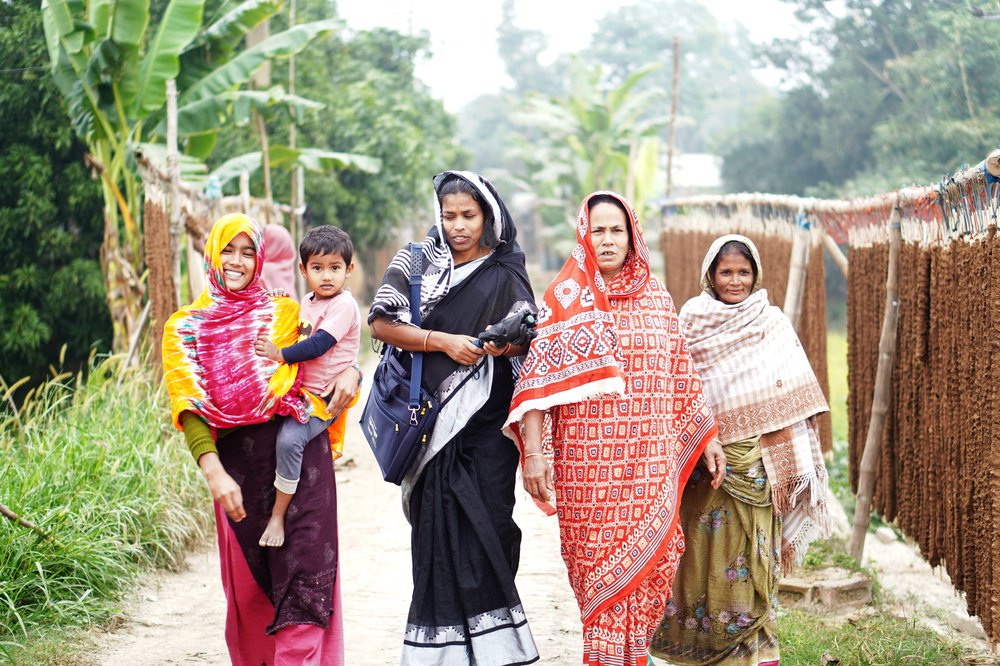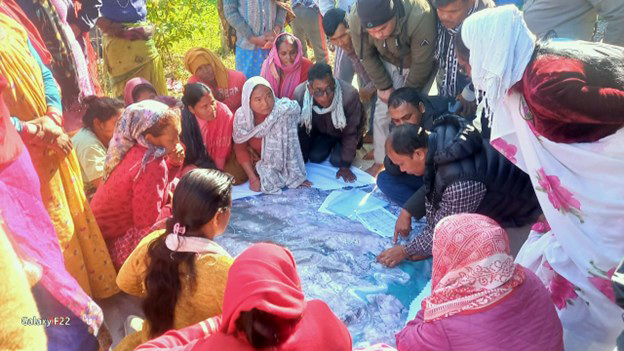Last week I made my sixth trip to the village of Lugan, 80 miles east of the capital of Anhui province in Central China. The village is unremarkable, except for the fact that it is the site of a small pilot project to formally register farmers’ land rights – this involves mapping farmers’ land parcels and issuing land registration documents to assure their rights to land.
In this modest village, we have an ambitious goal – tackling the biggest problem that Chinese farmers face today: the insecurity of land rights. Currently, legal loopholes and uncertainties in rural China allow local authorities and powerful individuals to violated farmers’ legal rights to the land they till. One prominent example is that 56% of Chinese farm families – to put this into perspective, this is about 120 million households, or nearly 550 million people (the population of Pakistan, Bangladesh, Afghanistan, Iraq, Iran, and Egypt, combined) – have either no or inadequate papers to prove their land rights as required by law.
Even though many of them have been farming the same land for three decades and the law is crystal clear that they shall possess the rights to farm the land for a term of 30 years or longer without interruption, they do not have a good evidence in hand to protect such rights. So, when a land taking happens, their ability to fully protect their rights is not that promising.
Land registration is a great tool to help farmers defend their rights to land. Registration, clearly maps the boundaries and locations of farmers’ land parcels, and creates an official database combining land parcel information with farm household data (including women’s names). In the end, each family receives a registration document that shows all the land parcels and spells out the details of relevant rights. As a result, farmers will have greater confidence in their rights, and could start making long-term investments in land.
Unfortunately, what I described in the previous paragraph is just an idea. To translate it into reality requires an enormous amount of political will, resources, and patience. The experiment in Lugan represents the first attempt by China to establish a land registration system that could fundamentally change the landscape. But let’s be realistic here. China has a total of about 1,400,000,000 land parcels to be registered in the countryside. The recently completed Lugan pilot project registered only 680 land parcels.
But I should be a bit congratulating here. Despite the small step Lugan represents, there is progress. I have witnessed a growing interest in expanding the project. Farmers from nearby villages are asking when their land can be mapped and registered. More and more geographical information companies are showing up to test their technologies and positioning themselves for a potentially huge market in rural China. The central government announced early this year that it will initiate a large number of pilot projects across China.
You see, a baby step in Lugan has started to catch fire in many places. So I am as hopeful as ever, and I said this to myself when I left Lugan: “I will be back.”
Related blogs


